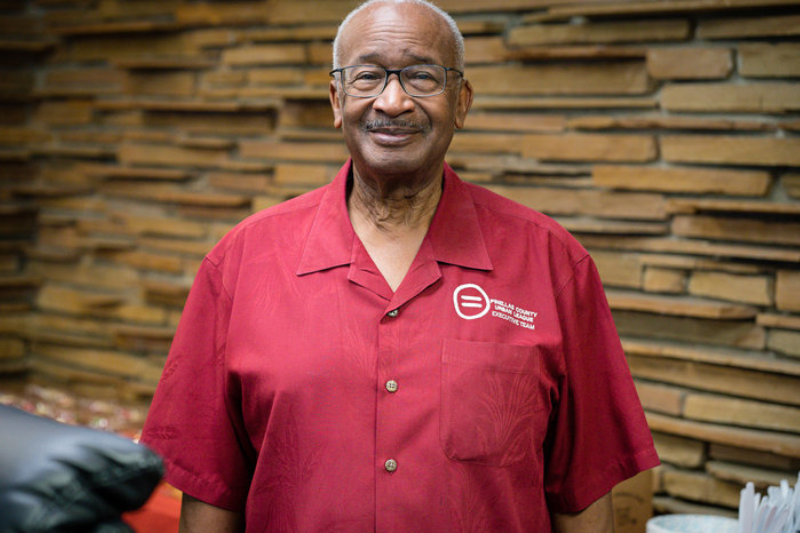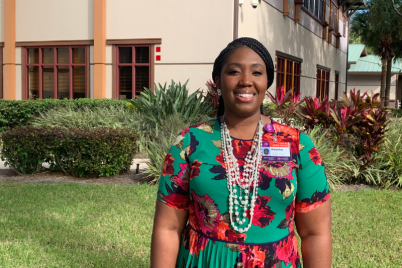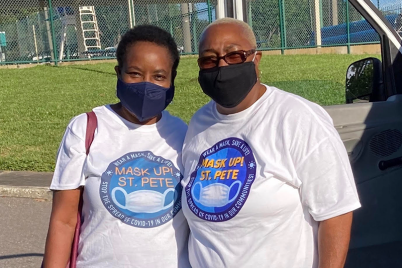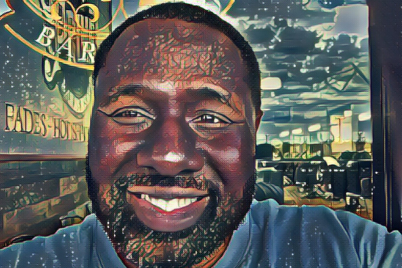Many community members are grieving the loss of community leader Rev. Watson Haynes II. Grief is the process of healing from a loss. Many seek to avoid grief by immersing themselves in work or some addiction. In doing so, they prolong the pain of their loss.
BY DR. KATURAH JENKINS-HALL, Licensed Clinical Psychologist & MICHAEL F. BROOM, Organization Development psychologist
ST. PETERSBURG — Grief is our natural response to any loss; a significant loss can create a time of emotional turmoil. Feelings do not come at convenient times or on a schedule; they can be intrusive, disruptive, and demanding of your attention.
Like the ocean, grief comes in waves ebbing and flowing. Whether the waters of grief are calm or overpowering, we must learn to swim. We must swim through times of great sadness, anger, guilt, anxiety, disbelief, confusion, and even regret. Whatever you are feeling must be met with self-compassion.
Many variations of the grief experience may be relevant during a loss of a community leader. These variations depend on the true nature of your relationship with the leader. For example, you would expect a different grief reaction from a close relative compared to a distant admirer or community partner.
One type of grief is disenfranchised, which is grief that cannot be openly acknowledged, socially sanctioned or publicly mourned (e.g., confidential political, personal, business ties).
Another type of grief is compounded grief, also known as cumulative grief. This may feel like “grief overload.” It results from personally experiencing several deaths in a short period of time. It may also result from losing a loved one to death, a relationship, a job, a pet, or personal property, all within a short time. If your response to the loss seems greater than expected, perhaps you are also grieving other losses.
If your grief reaction intensifies over time instead of lessening, you may be experiencing complicated grief. If you feel stuck in your grief for an extended period of time, you may need to speak with a professional counselor. In the meantime, we must all encourage and hold space for one another, demonstrating compassion, recognizing that we all grieve differently.
Recently our community lost valued leader Rev. Watson Haynes II. As a result, the community as a whole may be in different stages of grief.
Grief is the process of healing from a loss. Many seek to avoid our grief by immersing ourselves in work or some addiction. In doing so, we prolong the pain of our loss. The late psychiatrist Elisabeth Kübler-Ross laid out the five stages that many of us go through to recover from the wound of our loss.
The stages are denial, anger, bargaining, depression, and acceptance. Where are you in your process? Getting to acceptance, we have done more than just acknowledging the end of Rev. Haynes’ life; we have accepted the role he has played in our lives.
St. Petersburg Mayor Ken Welch has said, “Watson was a counselor, advisor, peacemaker, and bridgebuilder.” What role did he play in your life? Was he a role model, a mentor, or a champion for you?
Whatever role he has played for you, honor it by carrying on his work in whatever ways work for you. Honor him by enlivening and enlightening your community, however large or small, as he enlivened and inspired his community. In honoring him this way, we also honor ourselves, our communities, and the good that grief can bring.
We are forever thankful for his lifelong example of principled leadership.












